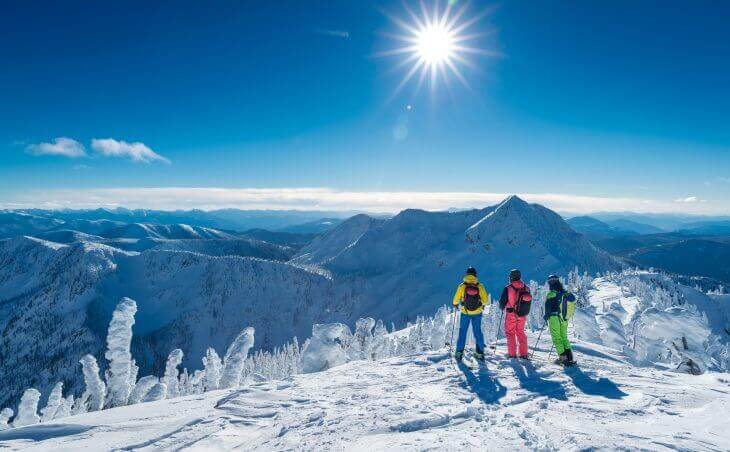
Ski resorts are likely familiar with the ebb and flow of business throughout the year. The bustling peak season fills your rooms and restaurants, but crowds disperse during shoulder season. However, that doesn’t mean that all business has to cease.
NB: This is an article from Knowland
Subscribe to our weekly newsletter and stay up to date
For ski resorts, shoulder season is a golden opportunity waiting to be seized, even when the snow melts. Here, we’ll explore how ski resorts can attract more business during this off-peak period, particularly for meetings and events, and how sales teams can capitalize on this untapped potential.
What is Shoulder Season?
Shoulder season, also known as the transitional period between the peak winter season and the onset of summer activities, is a term commonly used in the ski resort industry. For ski resorts, this typically occurs from late March to June and again in the fall before the snow returns. During this time, the slopes are still open, but visitor numbers dwindle, presenting both challenges and opportunities for hotel owners.
Why Off-Season Ski Resorts are Ideal for Meetings and Events
Despite what you might think, shoulder season is actually a hidden gem for hosting meetings and events and an excellent way to increase hotel revenue. Here’s why:
1. Scenic Beauty: Imagine the allure of holding a conference or team-building retreat amidst snow-capped peaks and pristine slopes. The unique charm of ski resorts during shoulder season adds a refreshing change of scenery from typical urban settings, making your events stand out and attract more business.
2. Cost-Effective: With reduced demand for accommodations and facilities during shoulder season, hotel owners can provide attractive packages and discounts. This cost-effectiveness is a win-win for both parties, making shoulder season an ideal time for meeting planners to save on costs without compromising quality.
3. Availability and Flexibility: Due to high demand, securing dates and venues during peak season can be challenging. In contrast, shoulder season offers greater availability and flexibility, empowering meeting planners to choose their preferred dates and customize their experiences to best suit their needs.
4. Recreational Activities: Ski resorts aren’t just about skiing and snowboarding. They offer many other recreational activities, such as hiking, mountain biking, and spa treatments, ensuring attendees have plenty to do during downtime.




